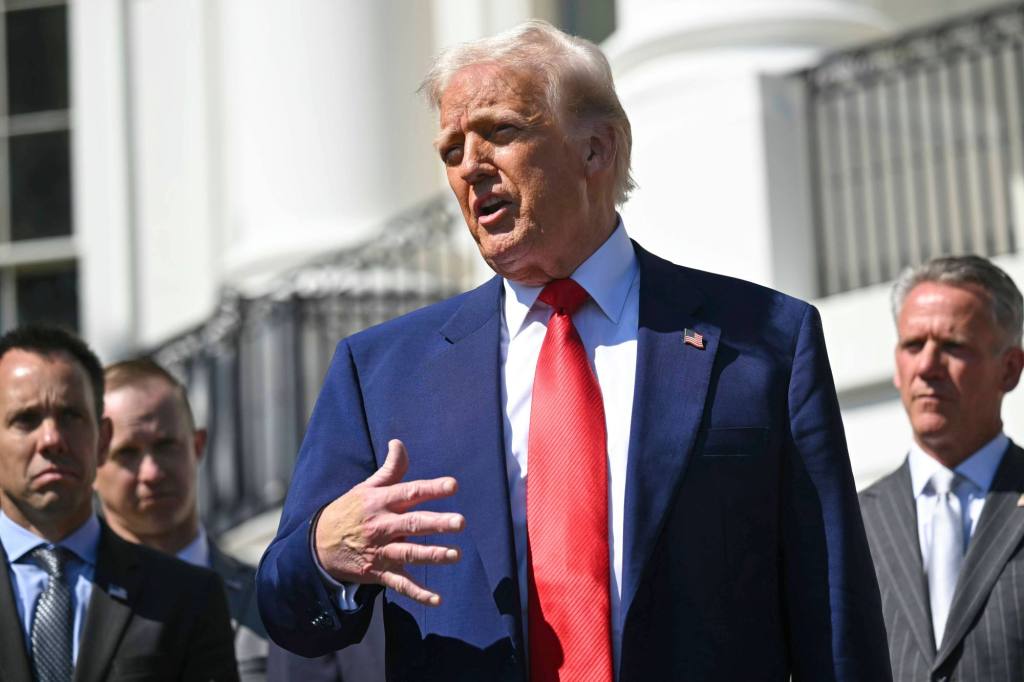
There’s an easy and unfortunate recent economic parallel to President Donald Trump’s absurd proposal to slap a 100% tariff on “foreign” films coming into the United States as some supposed protectionism for the American movie industry.
It’s the Trump administration’s various high tariffs on foreign wines and spirits, levied in order to supposedly protect domestic vintners and distillers.
Because you know who is leading the opposition to these trade-war stunts? The people who make movies and the people who make booze, that’s who.
Because they know something about the international economics of the global culture that the crafters of the administration’s mercantilist agenda quite clearly do not: Wine making, and wine drinking, begats more of the same. People who like to drink wine from Tuscany already like to drink wine from Sonoma. Movie-goers and TV streamers may stand in line for the latest Hollywood-made Marvel flick, but they also crave the Lupin heist shows on Netflix by way of Paris.
And the economies of both the drinks business and the film business are already, inextricably, internationally intertwined.
The Napa cabernet maker is currently willing to pay $1,000 a barrel for one made of French oak. But $2,000 a barrel? She’s not quite sure about that.
The movie producer already moves his sets, his actors, his post-production facilities around the world to find the most efficient venue in which to do the work. (There is almost no such thing as a “foreign” film or a “domestic” production these days.) Until he gets wildly taxed to do so, and then … he’s not quite sure he’s putting his money into this business after all.
A tax is a tax, and the formerly tax-wary Republican Party is on the verge of selling its soul, all for an antique way of looking at the way the world does business that will lead to American economic stagnation in its isolationism.
Industry professionals think that the plan is not only wrong, but unworkable. “On first blush, it’s shocking and would represent a virtually complete halt of production,” one industry insider told CNN. “But in reality, he has no jurisdiction to do this and it’s too complex to enforce.”
But even those who imagine that the tax, if unenforceable, would be one weapon against rampant runaway production, driven by the high cost of production, especially in California, say that it could also be disastrous.
“In its current form, the tariff doesn’t make sense,” Jay Sures, vice chairman of United Talent Agency, told the network — meaning that to him, some other form might. Whatever. But his bottom line is that, since it’s far cheaper to make at least part of your movie overseas, a blanket tariff “has the ability to bring the movie business to a standstill — which is the last thing Hollywood needs after dual strikes and a content recession.”
After announcing his movie tariff plan, as so often, in an ill-considered, incoherent social media post over the weekend, Trump tried to clarify his thoughts later: “I’m not looking to hurt the industry, I want to help the industry,” Trump said Monday.
He said that would now ask Hollywood studios if “they’re happy” with his proposal to impose tariffs of 100% on all content “made outside of the United States.”
They’re not.
Free up producers by making it more cost-effective to film here by limiting regulations, union mandates and local business taxes, absolutely. But don’t pretend we can unring the bell of global connectivity.
Originally Published:



